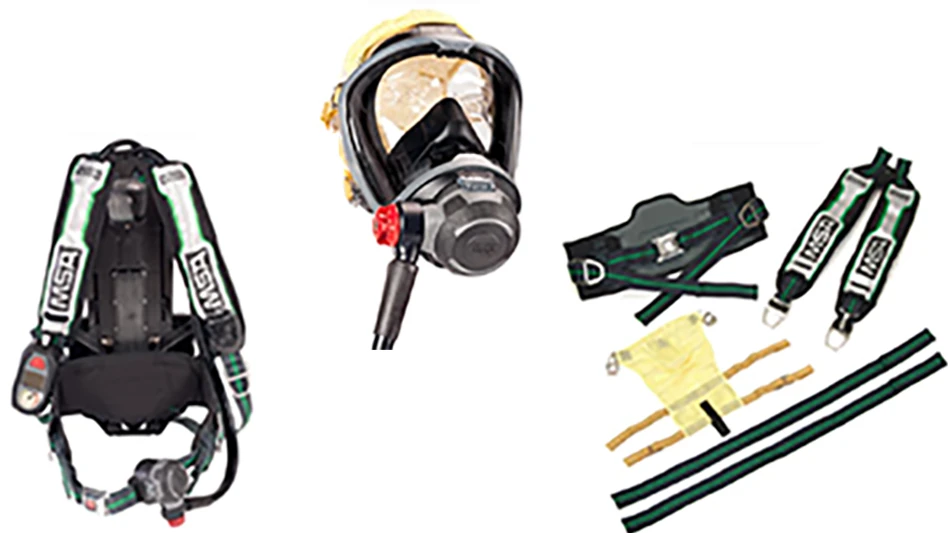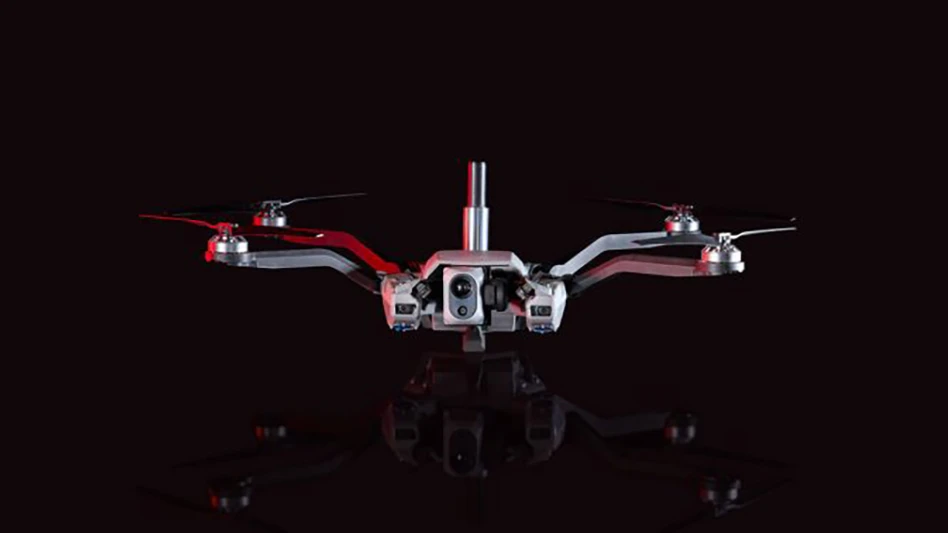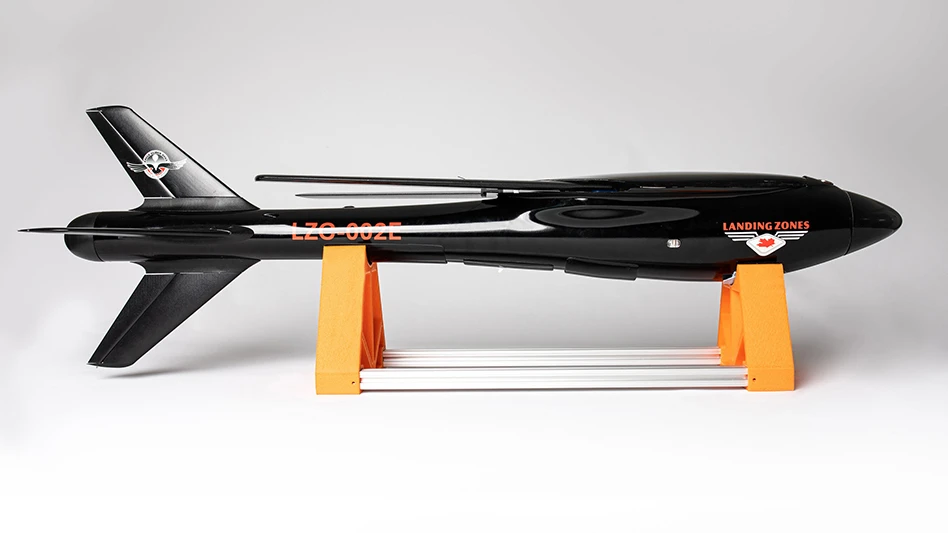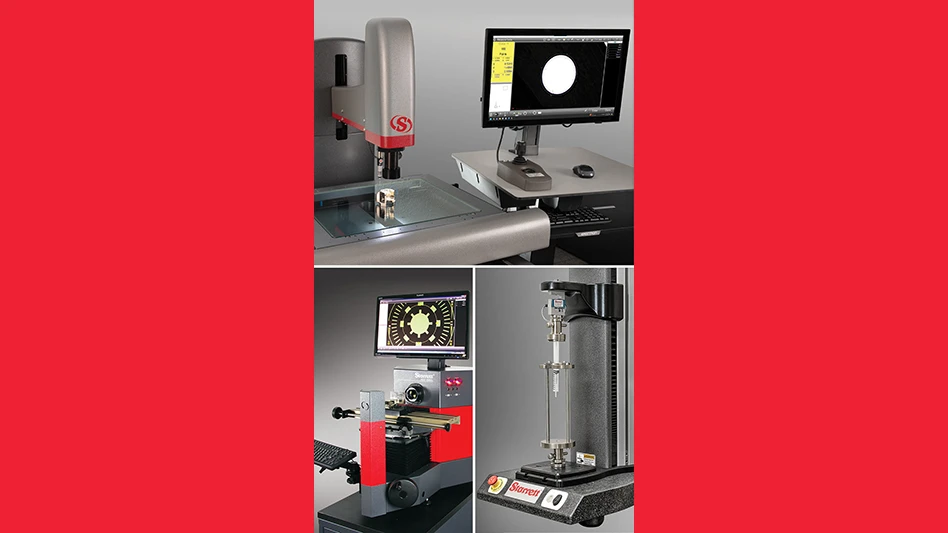
MSA Safety, Inc.
MSA Safety, Inc. was awarded a $35 million contract with the U.S. Air Force to provide its air base fire brigades with new respiratory protective equipment. The contract covers the supply of MSA's G1 Self-Contained Breathing Apparatus (SCBA) model along with related facepieces, chemical warfare component (CWC) masks, and supplied-air respirator (SAR) kits, which enable the SCBA to be used as a longer-duration airline device. The units will replace older model MSA air masks and will be used by U.S. Air Force fire brigades operating at U.S. air bases around the world.
"We're incredibly proud the U.S. Air Force has once again put their trust and confidence in the MSA brand," says Nish Vartanian, MSA Safety Chairman and Chief Executive Officer. "In developing the G1 breathing apparatus, our goal was to create the most advanced and versatile SCBA platform available; one that allows new technologies to be added continuously to improve firefighter health and safety."
With more than 15 patents, the G1 SCBA platform includes several breakthrough features, such as the elimination of electronic components from the facepiece; a "Central Power" design that powers the entire unit from a single, rechargeable battery; darkness- and smoke-piercing "buddy lights" that provide visible indicators of critical air supply data from any angle; and improved voice amplification communications, all of which are standard G1 features.
From a comfort perspective, the G1's unique ergonomic design, combined with an adjustable waist belt and wide shoulder straps, allows SCBA weight to be distributed more evenly on a firefighter's hips. Collectively, these features make the SCBA more comfortable when worn for longer periods of time.
Production work in support of the U.S. Air Force units began this fall at the company's Murrysville, Pennsylvania manufacturing facility. The company expects deliveries to continue through year-end and extend into 2024.
Latest from Defense and Munitions
- Fairbanks Morse Defense’s Maxim Watermakers tests first Navy closed loop cooling system
- Hydromat announces sales & service partnership with Precision Components
- Learn what you need to comply with CMMC requirements
- Teledyne FLIR Defense awarded $74 million contract to modernize Coast Guard surveillance
- Gilat receives $4M orders for advanced portable satellite terminals from global defense customers
- There’s still time to register for this week’s manufacturing industry webinar!
- AV secures $288 million delivery order on $990 million contract with U.S. Army
- Textron Aviation secures sale of advanced military training aircraft to SkyAlyne, KF Aerospace





